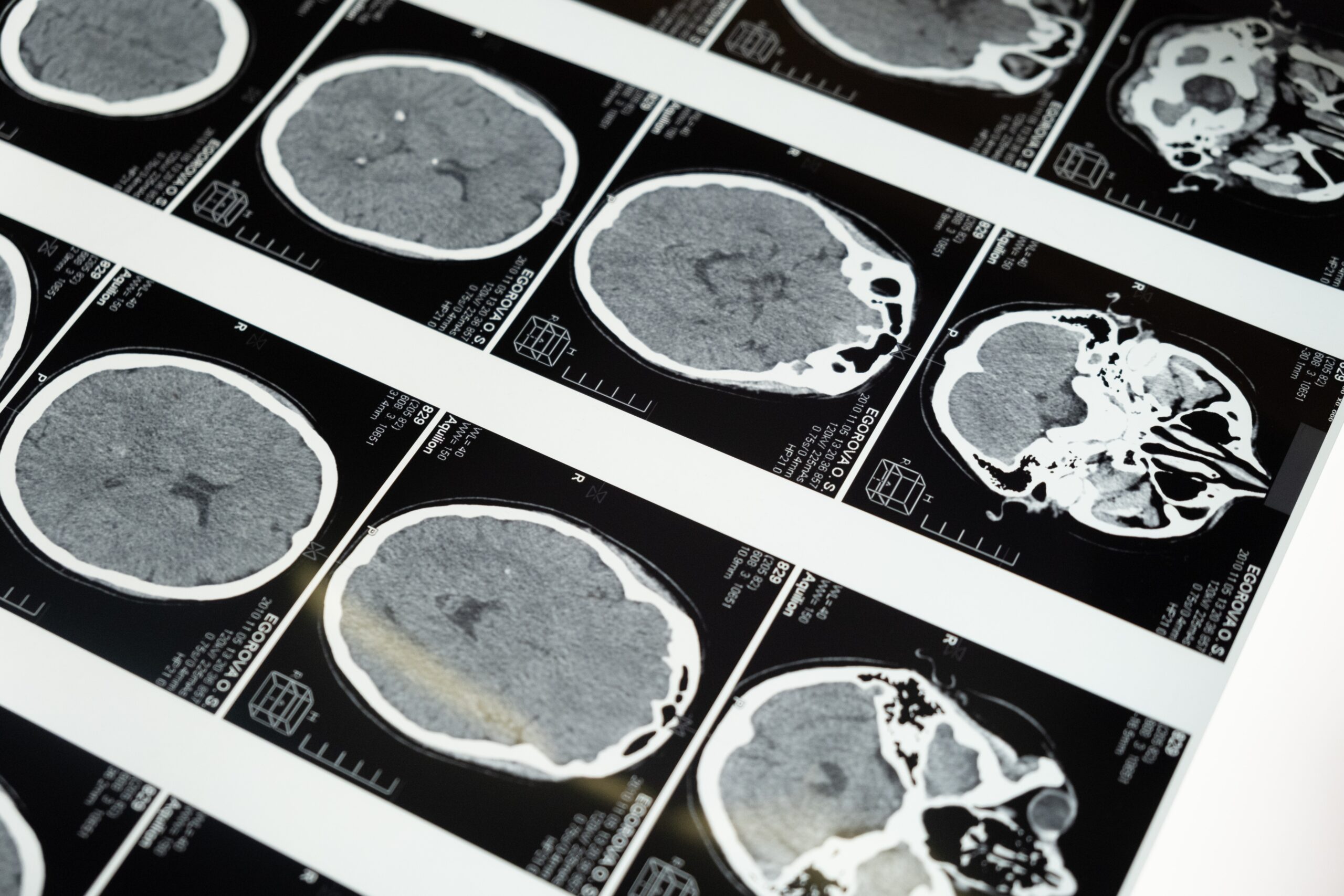Posted March 15th 2021
Mental health problems and brain injuries are often confused, and it’s easy to see why.
If you have a physical health problem, you might have a broken leg for example.
If you have a broken leg, you can be said to have a physical health problem.
The two go hand in hand. But is it the same for mental health and brain injury? Does one equal the other?
Is a brain injury a mental health problem? Is a mental health problem a brain injury?
The short answer is no… but sometimes, yes.
Mental health problems
A mental health problem is a broad term that is used to describe psychological conditions such as depression, anxiety, schizophrenia, PTSD, and eating disorders.
All of these conditions are defined by a set of cognitive, emotional and behavioural characteristics.
However, we tend to think of the emotional and behavioural ones most easily.
Let’s take clinical depression as an example.
The emotional characteristics of depression are probably the ones that come to mind the most easily.

These can include feelings of sadness, hopelessness or guilt.
You might also be aware that people experiencing depression can show certain behaviour changes such as being more withdrawn, sleeping more than normal or not eating.
Cognitive characteristics are probably the least noticeable for an outsider looking in.
These refer to the skills we use to process information.
During an episode of depression, someone might find that they have problems concentrating, paying attention or remembering things.
Someone may experience depression for a variety of reasons.
Sometimes depression can have a biological cause, such as a chemical imbalance in the brain.
But other times, depression can be caused by traumatic events or experiences such as abuse. Sometimes, it can be a combination of these things.
Brain injuries
A brain injury is a physical injury to the brain.
This can be caused by an external event such as a car crash or sports injury in which a blow to the head was received.
It can also refer to an internal event that has damaged the brain such as a stroke, an infection, or a lack of oxygen.

Someone who experiences a brain injury can also show a variety of cognitive, emotional and behavioural changes.
However, in these cases, the cognitive challenges are often what we notice first.
This often includes problems with memory, language, problem solving and concentration.
Whilst it is common for people to experience emotional and behavioural changes too, these are not diagnosed as a mental health problem unless the symptoms experienced match those of a diagnosis.
Therefore, it is often the case that people have a brain injury, experience cognitive, emotional and behavioural difficulties but do not have a mental health condition.
On the other hand, some people with a brain injury do get diagnosed with a mental health condition.
In fact, it is estimated that half of the people that experience a brain injury will go on to develop depression within a year of injury.
There are two alternative ways we can think about this:
- Sometimes, it seems that the injury may have damaged a structure or function in the brain that usually prevents us from experiencing depression. Therefore brain injury can be a biological cause or make us biologically vulnerable to depression.
- Alternatively, the injury may have caused the individual to experience cognitive difficulties that have caused drastic changes to their life, such as no longer being able to work or do tasks that they used to enjoy. This can be hard for people to adjust to and therefore this change in lifestyle can also act as a cause or make someone vulnerable to depression.
Of course, people who experience a brain injury are also still human like the rest of us, and therefore may go on to develop a mental health condition completely unrelated to their brain injury.
Conclusions
A mental health condition is not the same as a brain injury, but a brain injury can lead to a mental health condition in some cases, but not all.
For anyone that is trying to manage a brain injury, whether that be accompanied by a mental health condition or not, Headway is an amazing charity that can provide support and help improve life after brain injury.
Resources
- NCMH mental health leaflets
- Headway
Brain injury charity - The Brain Charity
Support and advice for people living with a neurological condition and their families.
Sign up now and receive new blog posts to your inbox.
